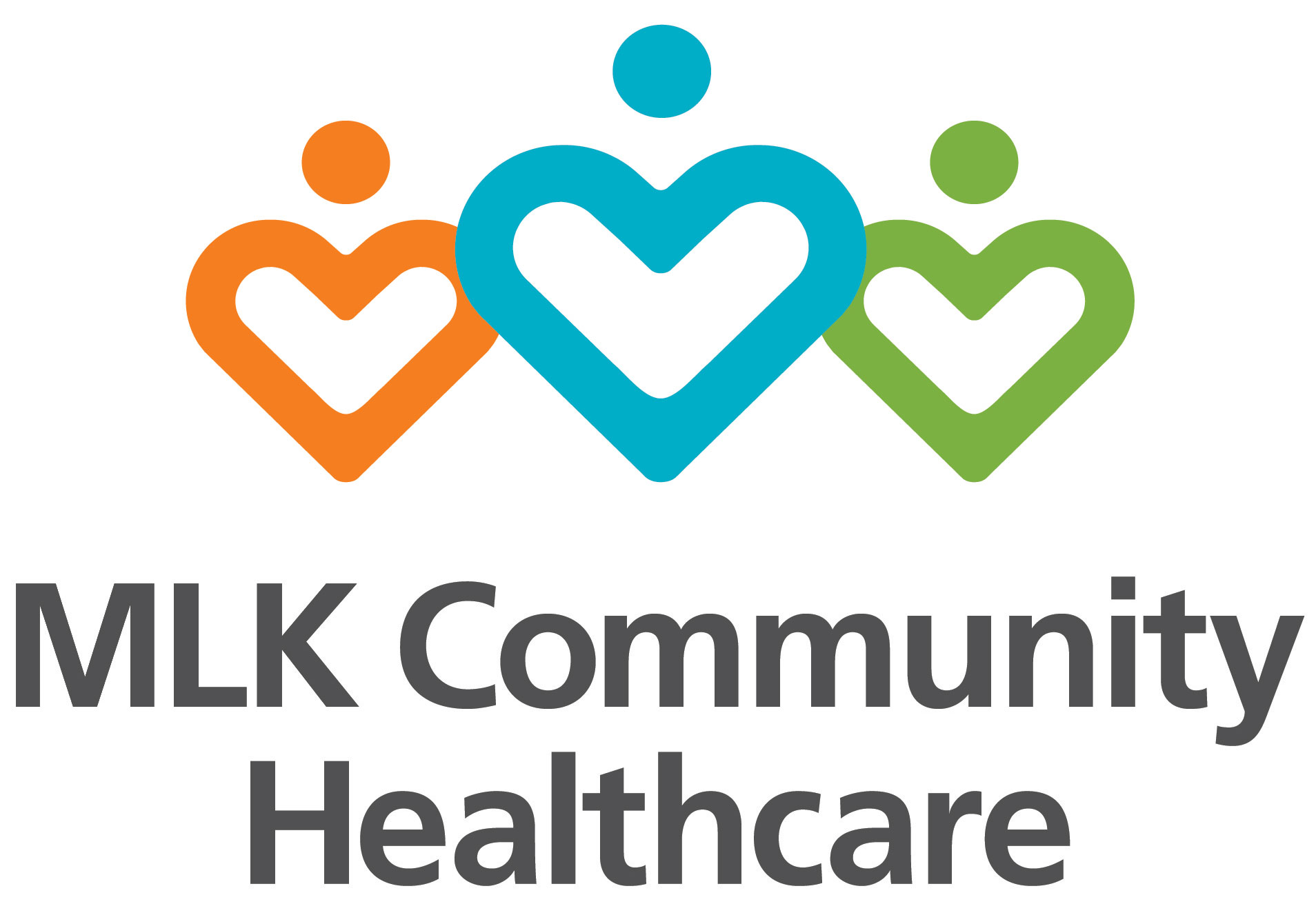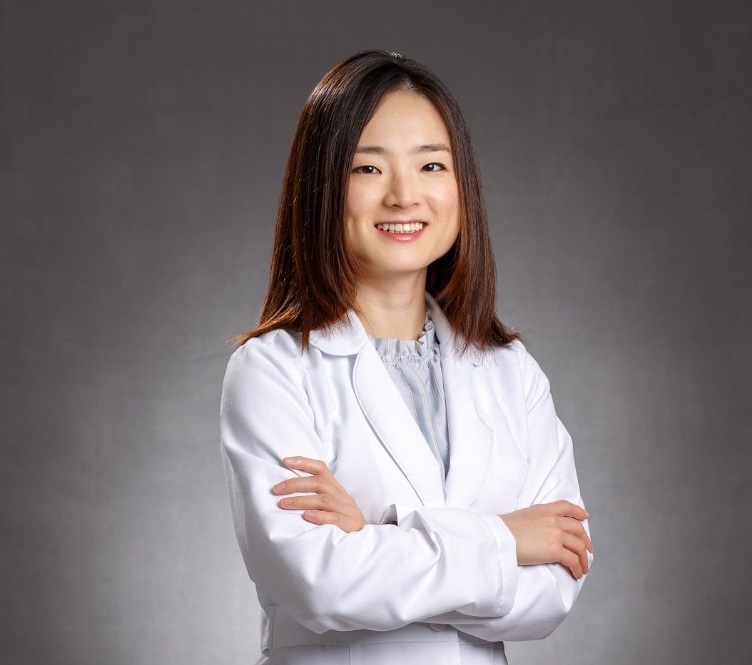Why were you drawn to working at MLKCH or what makes you want to stay long terms at MLKCH?
Prior to joining MLKCH, I was working in private practice in Los Angeles. The patient population at MLKCH is very similar to the patients I interacted with during my training and after my year in private practice, I realized that I missed working with underserved patients. I also enjoy working with the other providers and staff at MLKCH. We all put our heads together to come up with the best care for our patients.
What are some essential values you would like to pass on to the residents joining MLK?
I hope I can show them to be open-minded, inquisitive and persevering.
What type of physicians would you hope our residents would become?
I would like our residents to become compassionate and competent physicians who can treat the patient and not just the disease.
What differentiates MLK from other residency program?
The MLK residency program is a small program where each resident will be able to work closely with faculty members. Because of the nature of our patient population, the pathology that we see at MLKCH is unique and complex. Also, the fact that we are a new program allows us to be open and flexible.
Why did you want to be a faculty?
I still remember my mentors from residency and fellowship. Their knowledge and support helped me become the clinician I am today. I would like to have the same impact on future doctors.
How will our residency program benefit the community of South Los Angeles?
If we train physicians to understand the social inequalities that impact healthcare, they will have a more comprehensive approach to patient care and hopefully some of them will want to remain in South Los Angeles to continue to serve this community. In addition, I feel that patients may feel empowered if they realize that they have an active role in cultivating future physicians.
What do you do outside of practicing medicine, to stay healthy – physically, mentally, emotionally?
Outside of the hospital, I meditate, bake, crochet, read Japanese books, lift weights and play with my pug.
Where do you draw your inner strength from to give your best to the patients?
When I was in high school, I made the decision to pursue my dream of becoming a doctor despite having to live apart from my family, who were moving back to Japan. They have supported me throughout my career and for them, I want to do my very best to fulfill my oath to treat the ill to the best of my ability.
Where did you grow up?
I grew up in Chappaqua, New York.

